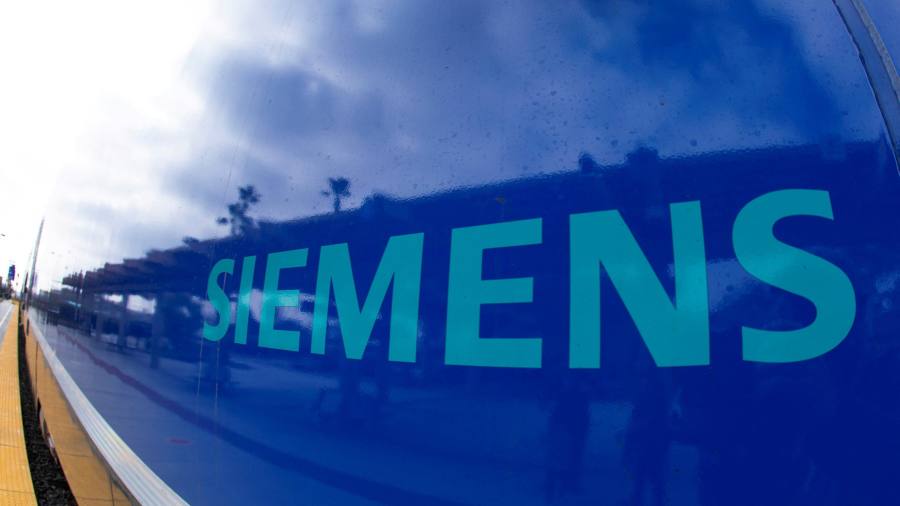
Two German industrial conglomerates Siemens and Thyssenkrupp have given contrasting signals about the future, with the former predicting higher margins while Thyssenkrupp expects earnings to fall over the next year.
Siemens on Thursday said that a record-high backlog of orders was expected to boost margins next year, helping the maker of trains, home appliances and automation software buck the gloomy economic outlook.
But Thyssenkrupp warned that rising interest rates, coupled with high energy costs and inflation would lead to a “significant” reduction in sales next year, while adjusted earnings before taxes would “drop back to a figure in the mid to high three-digit million euro range” compared to the €2.1bn it posted for 2022.
“The momentum of our transformation process has been dampened,” said Martina Merz, Thyssenkrupp’s chief executive.
Siemens and Thyssenkrupp are seen as bellwethers of the global economy, as their products cater to the construction industry, factory automation and infrastructure development.
The two groups together employ more than 400,000 people and both have done much to streamline and shrink their businesses in recent years.
Thyssenkrupp, which has specialisms including industrial machines and submarines, in 2020 was forced by shareholders to sell its lifts business for €17bn. Last year, it sold its carbon components and infrastructure businesses, as well as an Italian stainless steel plant.
Siemens, which has spun off its health and energy units but still retains some shares, this year sold off a mail and parcel business and its stake in an automotive venture with France’s Valeo.
Siemens’s share price has dropped by nearly a fifth this year but was up more than 7 per cent on Thursday morning.
Sales in the year to September grew 8.2 per cent to €72bn. Net income was €4.4bn, more than a third lower than last year, which Siemens said was due to a non-cash impairment of €2.7bn in relation to its remaining stake in its energy business.
Thyssenkrupp said sales rose by more than a fifth to €41bn in 2022 and the company proposed to pay a dividend of 15 cents per share, its first in four years. Its shares have fallen 42 per cent in the year to date.